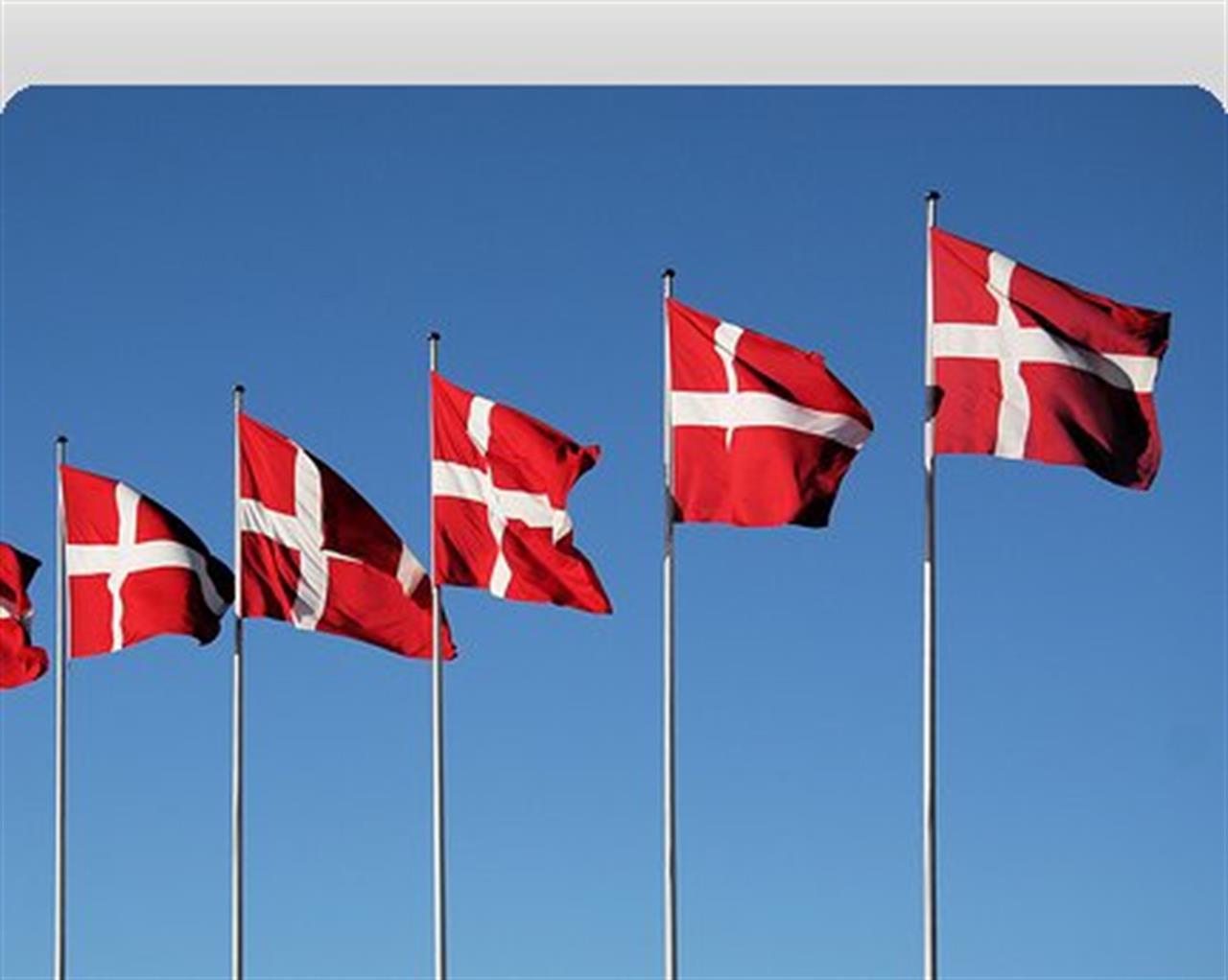Denmark and the EU presidency
On January 1 Denmark takes over the EU presidency. Key priorities? Environment and energy

Europe’s environmental crisis is just as important as its economic crisis. As the day in which Denmark will take over the presidency of the European Union approaches, the country’s environment and energy ministers have pledged to ensure that sustainability and natural resource stability will be the key priorities of their six month mandate.
“We have to keep the environment on the agenda despite the hard times on the economic front,” said Environment Minister Ida Auken. “The businesses that are able to get more out of less, that can produce using less energy and raw materials will be the most competitive in a few years time,” she added, calling resource productivity the “cornerstone” of European policy.
On January 1, 2012, Denmark takes over EU presidency from Poland and is the second nation of the so-called trio presidency where three presidencies work together to ensure coordination and consistency (in this case the trio is made up of Poland, Denmark and Cyprus, which takes over the presidency in June 2012). The trio program does not, however, replace national programs and each government will set its own priorities. In the case of Denmark, the announcements made by Auken seem to suggest that the environment will be this presidencies main concern.
Auken is particularly keen on ensuring that energy efficiency be made legally binding in the EU and on bolstering the fragile price of carbon, which has fallen to the record low of 6,30 euros last week.
“It is clear to everyone that the current market price for carbon is not sustainable,” said Danish Climate and Energy Minister Martin Lidegaard, “either economically or environmentally”. However in a Europe which is facing the most serious economic crisis in decades, the thought of meeting further restrictions to business is bound to meet with criticism.
“It’s too early to say how we are going to deal with this issue and a lot will depend on how we go with the energy-efficiency directive and the energy and climate roadmaps, but somehow we will have to deal with it sooner or later”, concluded Lidegaard.
Vuoi accedere all'archivio di VITA?
Con un abbonamento annuale potrai sfogliare più di 50 numeri del nostro magazine, da gennaio 2020 ad oggi: ogni numero una storia sempre attuale. Oltre a tutti i contenuti extra come le newsletter tematiche, i podcast, le infografiche e gli approfondimenti.
